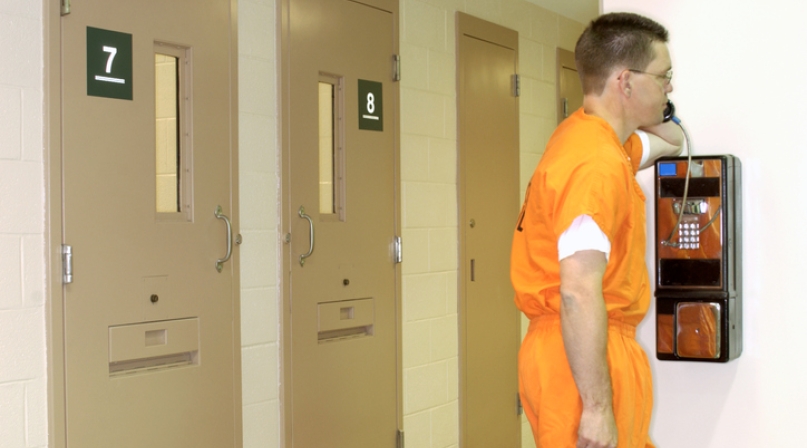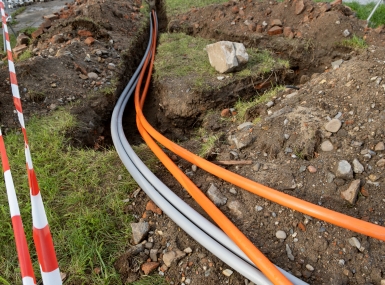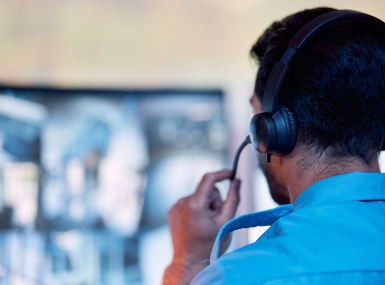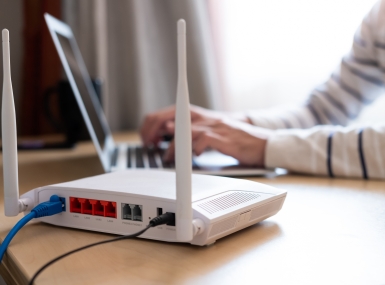Court: FCC didn’t have authority to cap rates on inmate phone charges

U.S. Court of Appeals strikes down a cap on in-state inmate phone calls
The U.S. Court of Appeals for the District of Columbia Circuit has struck down a Federal Communications Commission regulation capping in-state inmate phone rates. The court said the FCC does have the authority though to limit prices on out-of-state calls.
The court sided June 13 with prison phone company Global Tel*Link in its lawsuit against the FCC, saying that the 1996 Communications Act prevents the federal government from regulating state phone rates. Last year, Wisconsin, Arizona, Arkansas, Indiana, Kansas, Louisiana, Missouri and Nevada joined in the legal challenge.
The attempt to cap the rates was initiated several years ago by the Obama administration.
“This order from the FCC was nothing less than a power grab that I am pleased to see ... invalidated,” Arkansas Attorney General Leslie Rutledge said. “The FCC failed to consider numerous issues including costs that would have directly impacted the local budgets of cities and counties across Arkansas.”
The June 13 ruling lifting the rate caps — of no more than 11 cents per minute in state or federal prisons or 14 cents to 31 cents per minute in local jails — was welcomed by the Trump administration’s new chairman at the FCC.
“Today, the D.C. Circuit agreed with my position that the FCC exceeded its authority when it attempted to impose rate caps on intrastate calls made by inmates,” FCC Chairman Ajit Pai said. “Looking ahead, I plan to work with my colleagues at the Commission, Congress, and all stakeholders to address the problem of high inmate calling rates in a lawful manner.”
FCC Commissioner Mignon Clyburn blasted the court’s decision, calling it “deeply disappointing.”
“Today’s D.C. Circuit decision is deeply disappointing, not just for me and the many advocates who have fought for more than a decade to bring about much needed reform in the inmate calling services regime ... it is a sad day for the more than 2.7 million children in this country with at least one incarcerated parent,” she said.
Correction departments are paid “commissions” (anywhere from 20 percent to 65 percent or higher in some cases) on inmate phone calls; telephone revenue is often used for costs of maintaining and monitoring phone use, inmate programs and even building improvements.
The court ruling means that in Oklahoma, for example, prisons and jails could see $1.2 million a year from inmate calls; the Oklahoma County Sheriff’s Office could see $375,000 a year, according to Oklahoma Attorney General Mike Hunter.
Representing a coalition of local governments, Oklahoma Solicitor General Mithun Mansinghani said states, not the FCC, have the power to cap fees on intrastate calls. He noted that the fees did not take into account costs for jails to offer the phone services, such as escorting inmates to phones and monitoring and recording calls.
“Absent these tasks performed by jail and prison officials, allowing inmates unfettered and unsupervised access to phones would present unacceptable risk to the lives and well-being of both those inside and outside the prison, Mansinghani wrote to the court.
Attachments
Related News

Bureau of Land Management updates regulations for broadband infrastructure development on federal public lands
The BLM published a final rule to update regulations for developing and operating broadband infrastructure on public lands.

FCC takes critical steps to improve the 988 National Suicide Lifeline
On March 21, bipartisan congressional leaders and FCC Chairwoman Jessica Rosenworcel announced steps to improve the 988 National Suicide Lifeline. This announcement marks major progress on the nation’s crisis response, a priority for counties and a key policy pillar of the NACo Commission on Mental Health and Wellbeing.

